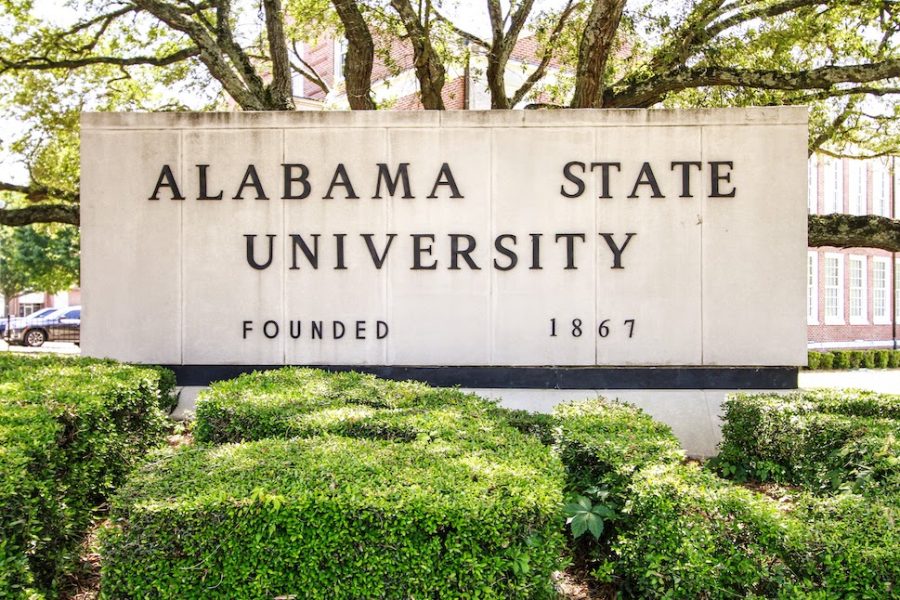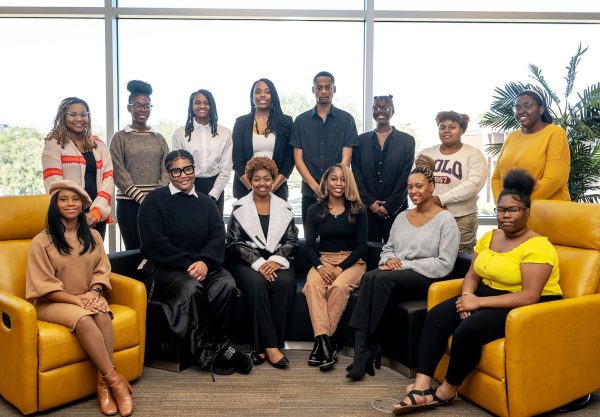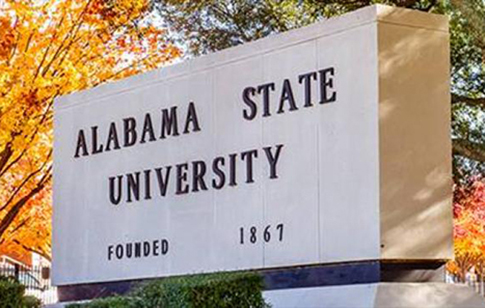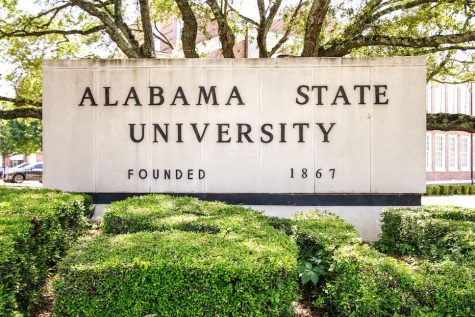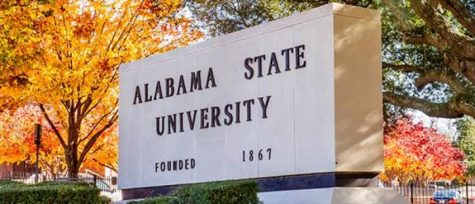HBCUs are obligated to teach African American Studies
April 8, 2023
Since there are multiple efforts to politicize African American studies – an interdisciplinary field that examines the history, culture and politics of Black Americans, and remove it completely from high school curriculums, it is extremely important and necessary for historically Black Colleges and Universities (HBCUs) to teach African American studies within their four walls.
Dr. Martin Luther King described the “urgency of now” – a phrase that was coinned to move people to action.
If books are being banned all over the country and African American studies are being subtracted from the curriculum or sanitized in a way that they have no meaning, HBCUs are the only place that students will be able to learn their history and be able to pass it down to he next generation.
In January, after Ron DeSantis, Florida’s Republican governor, vowed to block schools from teaching the course, saying it violated state law and “significantly lacks educational value,” the Florida education department then cited examples in the pilot of what it termed “woke indoctrination” that would run afoul of recently passed Florida laws that clamp down on class discussions about racism.
DeSantis’ actions are the beginning of the actions of many governors across the U.S., and if African American studies are not taught by parents at home, there is a chance that our African American youth will never learn their true genesis as well as the contributions that they have made to this country.
HBCUs have an opportunity to distinguish themselves again by offering majors in African American Studies or increase the number of African American courses that they can offer to ensure that students who attend their institutions are familiar with their history.
The university offers a course in African American Humanities, which is usually taken during the freshman year. Why not add a two-semester African American history class that is required for history majors and a one-semester African American history course for non-majors.
Remember, African Americans’ journey began on the continent of Africa until we were loaded on ships, like cattle, and brought to the Americas. However, it is imperative that all students understand that African American history is not all about slavery, but that slavery had a profound impact and reach that continues today. Historians say thatmillions of Africans were lost at sea and never reached the Americas.
Imagine the national reach that HBCUs will have when they are able to say to high school students, “If you attend our university, we will be able to teach you your true history and your identity, which will make you a stronger individual and understand fully your self-worth.”
We must teach students about the enormous impact of slavery on the story of America from its very beginnings, and when educating about the Civil War and Reconstruction, instructors cannot ignore Black history until Rosa Parks and Dr. Martin Luther King. None of us – no matter our race or the race of our students – can afford such a distorted view of history.
Carter Woodson, the founder of Black history week, hoped that one day the need for such a special designation would disappear – that one day the history and contributions of Black people would be fully embedded in our classes. However, it appears that if we are not careful, our history will be eradicated.


